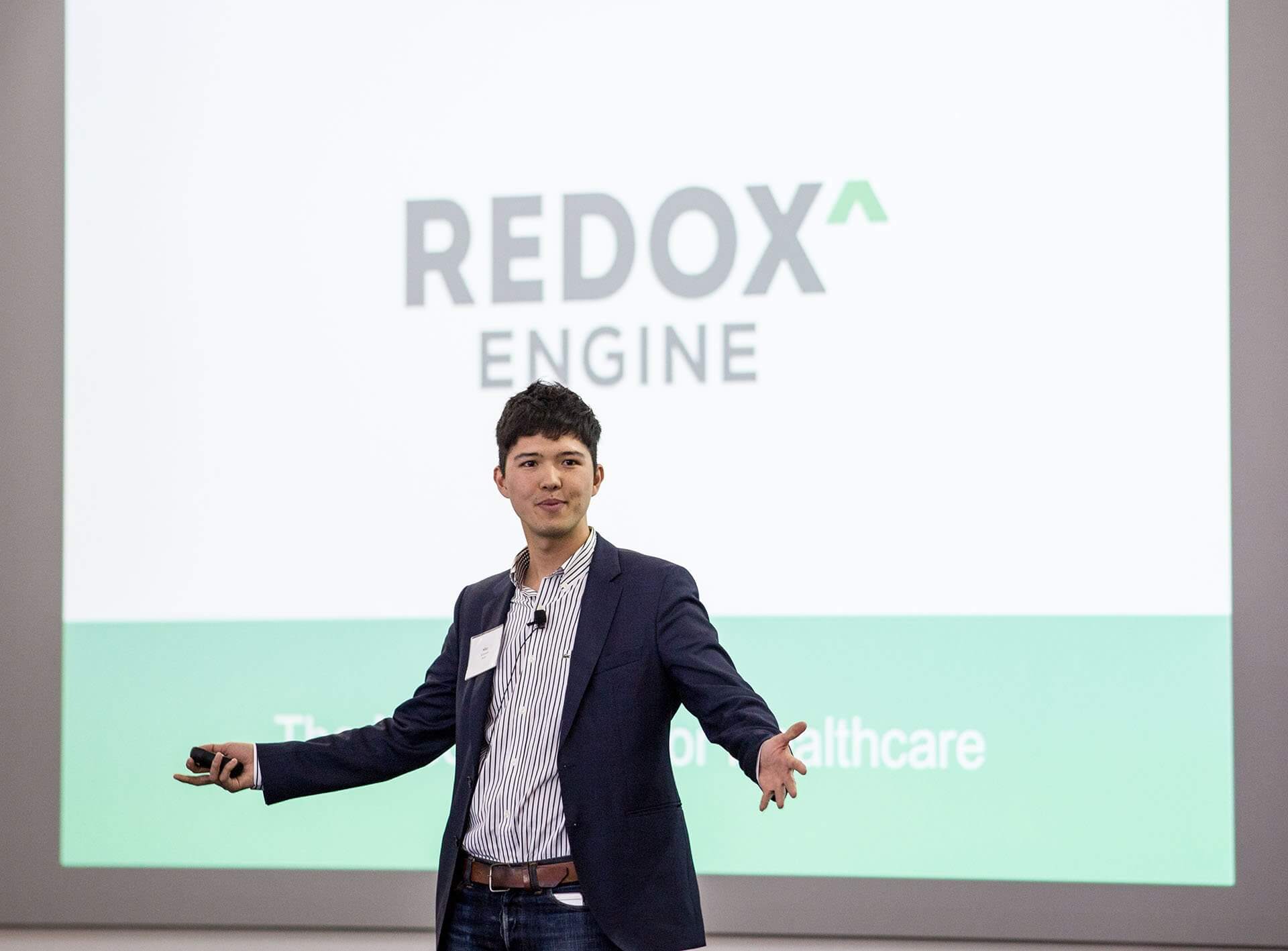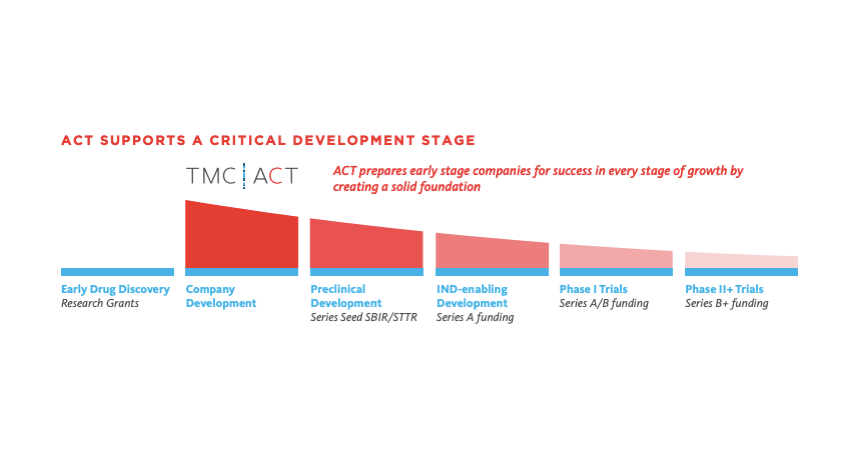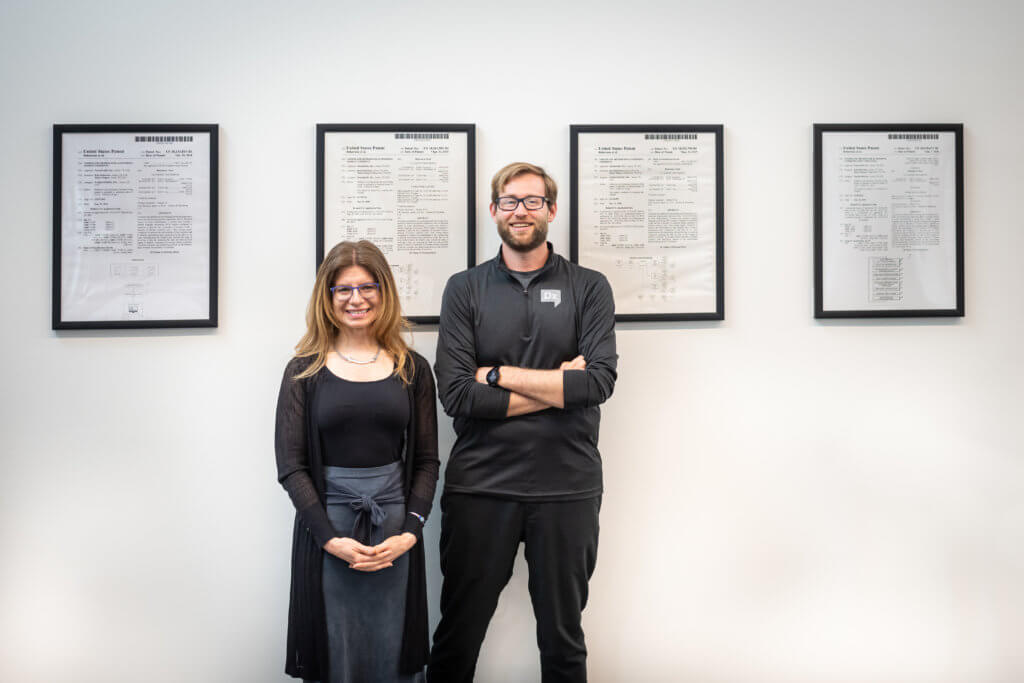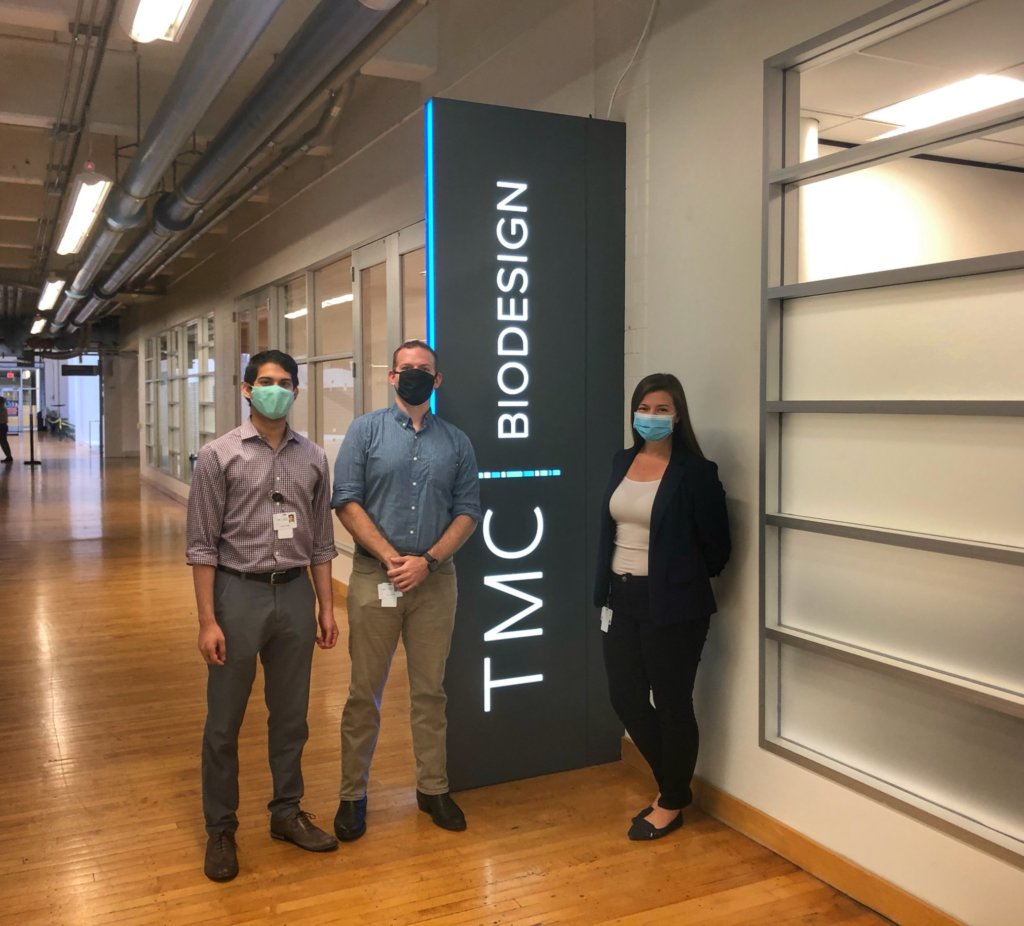TMCx Company Profile: Redox
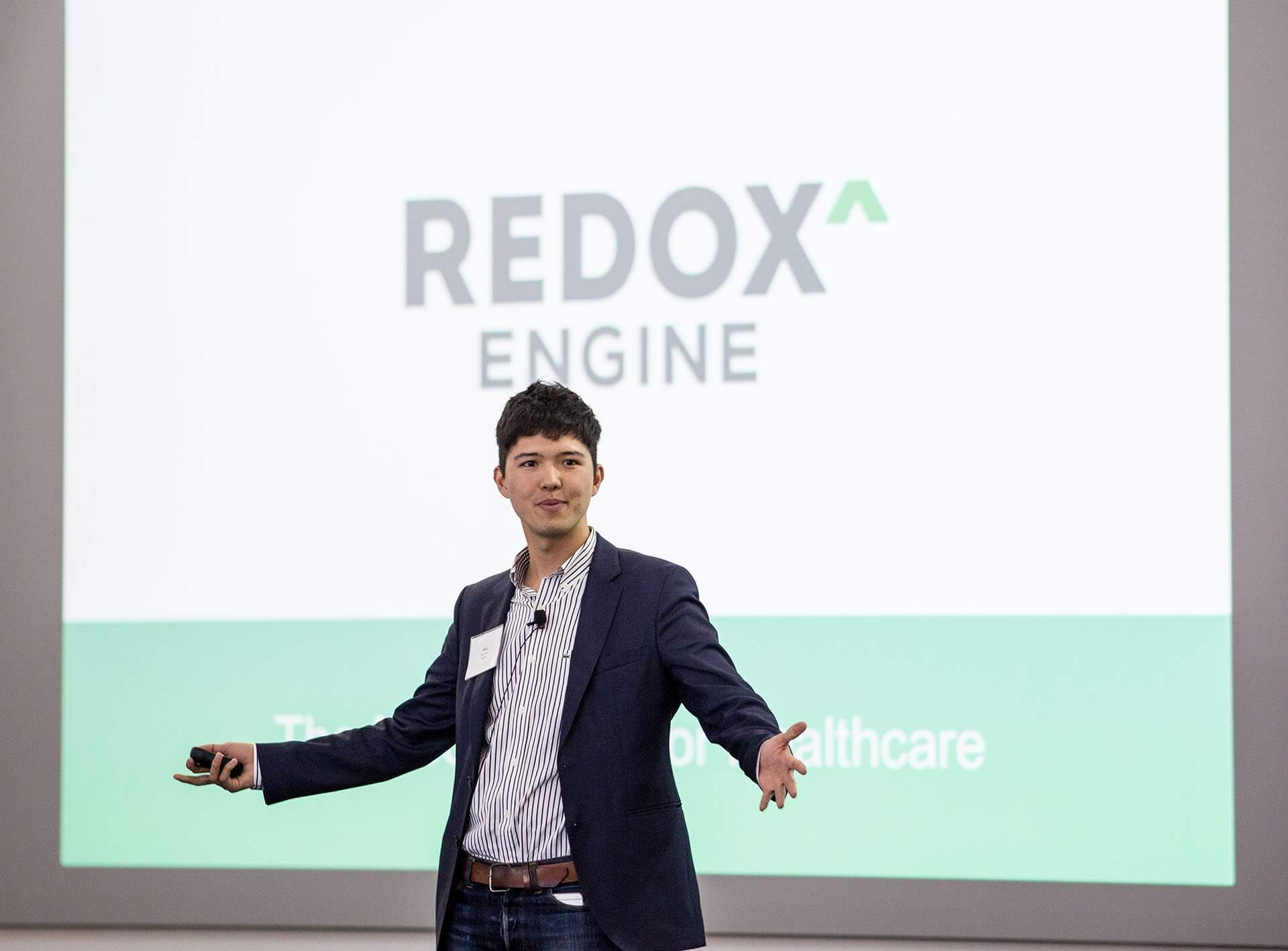
For far too long, medical records were steeped in the stone age—stacked rows of patient information and towering columns of manila folders that required full-time personnel to comb through enough information to fill a library. With the adoption of electronic health records (EHRs), health care has been digitized, trading the confines of file cabinets for the open road of the Internet superhighway. Unfortunately, accessing the dense bramble of data contained in a health system’s EHR poses its own set of problems, acting as a roadblock to sharing information and delivering care while stifling the potential for technology innovation.
“Today, each time a health system chooses to work with a new software vendor who has developed a product that will improve patient care, they have to spend a lot of time and money adopting that software,” noted George McLaughlin, director of customer experience at Redox, a company striving to make it easier to interoperate with electronic health records. “One-off integration—development work that allows the two parties to send and receive data appropriately— can cost around $30,000 throughout the course of six months, with the added bonus that the health system will need to employ full-time personnel to manage and maintain that integration.”
According to McLaughlin, these barriers make integrating new software applications—ones with the potential to have a groundbreaking impact on care—a risky proposition, slowing the adoption of new technologies. With Redox, a new type of centralized interface engine that enables users, from health systems to app developers, to easily share data, McLaughlin and his team hope to make interoperability issues a thing of the past.
“We’ve developed a way for health systems to leave the integration and maintenance up to us,” said McLaughlin. “That drastically cuts down on the time it takes for them to go live with a new product, as well as the financial commitment. Additionally, we’ve begun working with health systems to share data with affiliate providers using different EHRs. We hope to one-day give health systems access to an array of add-on software products—ones that are as accessible as the app store on your iPhone. When that happens, we believe brilliant, passionate entrepreneurs will create tools that make health care affordable and effective for all. In just six months, we already have over 100 software vendors building on our APIs. When a health system plugs into Redox, they’ll have immediate access to integrate any of these vendors.”
Predominately composed of a team of former Epic engineers, Redox proclaims an intimate understanding of the health care landscape—and its glaring limitations. With a combined 35 years of experience at Epic, a privately held health care software company that specializes in electronic health records, they are in a privileged position to disrupt health information technology innovation.
“Essentially, we’re helping entrepreneurs and businesses without a background in the nuanced health care technology make a direct impact on care,” noted McLaughlin. “As it stands now, you could be the most brilliant tech entrepreneur in the world, but if you don’t know how to work within the realities of health system enterprise technology, you aren’t going to be able to sell your product and have an impact. We want to tear down the major technical barriers and then work with our partners to get through the other hoops and begin having a positive impact.”
“Our biggest hurdle so far has been the cultural change around centralizing integration architecture,” he added. “Health systems can be huge, bureaucratic, and not exactly ‘early adopters’ of new technology. We are still in the infancy of this industry and that means a lot of education and slow going. When we make it possible for a health system to adopt technology that improves how a cancer patient deals with their care, for example, that’s what gets us really excited. The potential impact is staggering.”
That impact is already being realized. This past year, Redox took first place in the RESI Innovation Challenge, in addition to receiving a second place prize at the TMCx Pitch Competition at this year’s Medical World Americas. Luckily, we won’t have to wait long to see what comes next.
“One year from now, we will have laid the roadmap for the future of integration at health systems, with our pilot partners deriving immense cost savings and efficiencies from our platform” affirmed McLaughlin. “In five years, Redox will be the industry leading integration solution. Health systems will be able to select from a vast marketplace of applications that will save them money and improve care—they’ll finally be able to leverage the benefits of cloud based solutions, making health care more effective and affordable.”

